The National Assembly discussed policies for private economic development and creating breakthroughs in law making and enforcement.
On the morning of May 16, the National Assembly discussed in the hall the Draft Resolution of the National Assembly on mechanisms and policies for private economic development; the Draft Resolution of the National Assembly on a number of special mechanisms and policies, creating breakthroughs in law making and organization.
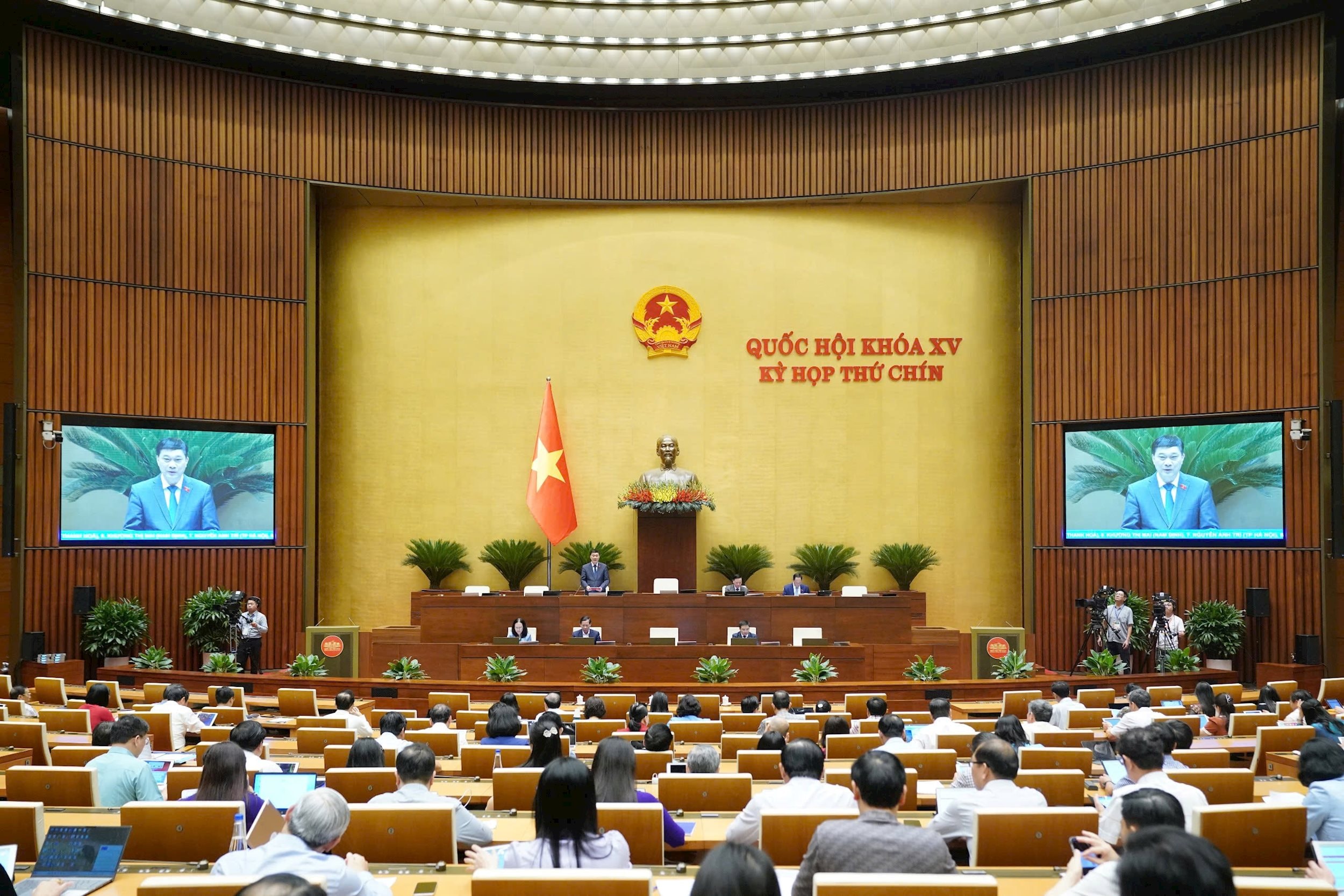
Proposal to extend tax exemption period
Discussing the Draft Resolution of the National Assembly on mechanisms and policies for private economic development, one of the contents of interest is tax exemption and reduction policy.
According to analysis, tax policy compared with other preferential policies such as credit, land access, human resource training, administrative procedure reform, has a quick impact, few procedures, helping businesses, especially start-ups, small and medium enterprises overcome the difficult initial stage and improve competitiveness.
However, for the policy to be truly effective, delegates proposed to increase the tax exemption period to 5 years, then continue to reduce 50% of the tax payable in the next 5 years. Compared to the current regulation of 2-year exemption, 50% reduction in the next 4 years, this proposal reflects the development cycle of innovative startups, which usually take 5 to 7 years to stabilize and become profitable.
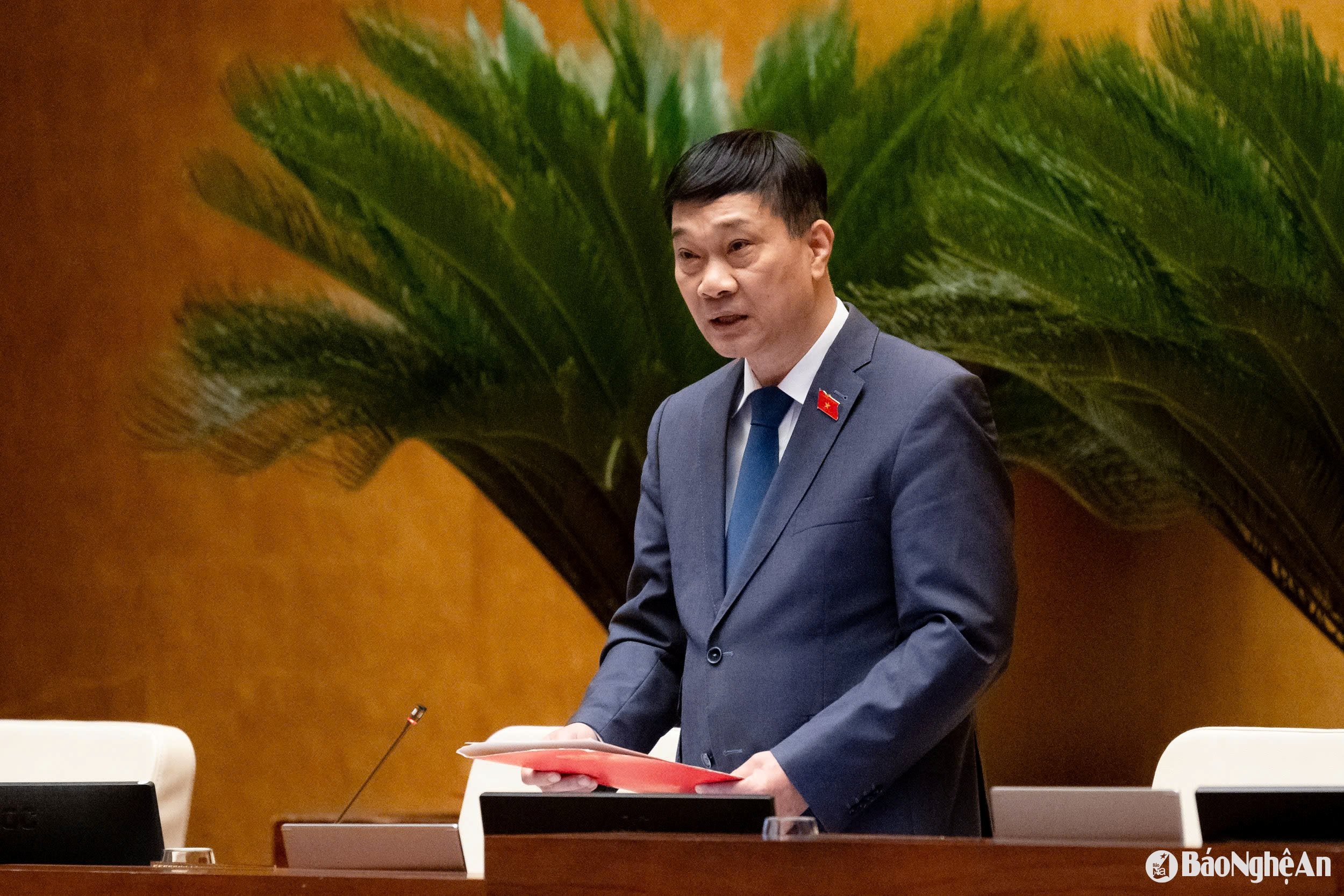
The characteristics of innovative startups are that they require large investment capital and a long time to research, develop products, test business models, build technology, and recruit and retain high-quality human resources.
In the early stages, they face high risks, constantly adjust to adapt to market fluctuations and are often unprofitable. Therefore, the current tax exemption for the first 2 years is too short and not enough to create a strong push.
Tax policy, therefore, needs to be designed to accompany businesses throughout the process of formation and initial accumulation. Extending the tax exemption and reduction period will create important financial space, helping businesses focus resources on innovation, while at the same time, clearly demonstrating the role of creating and nurturing the startup ecosystem, a pioneering force promoting rapid and sustainable economic growth.
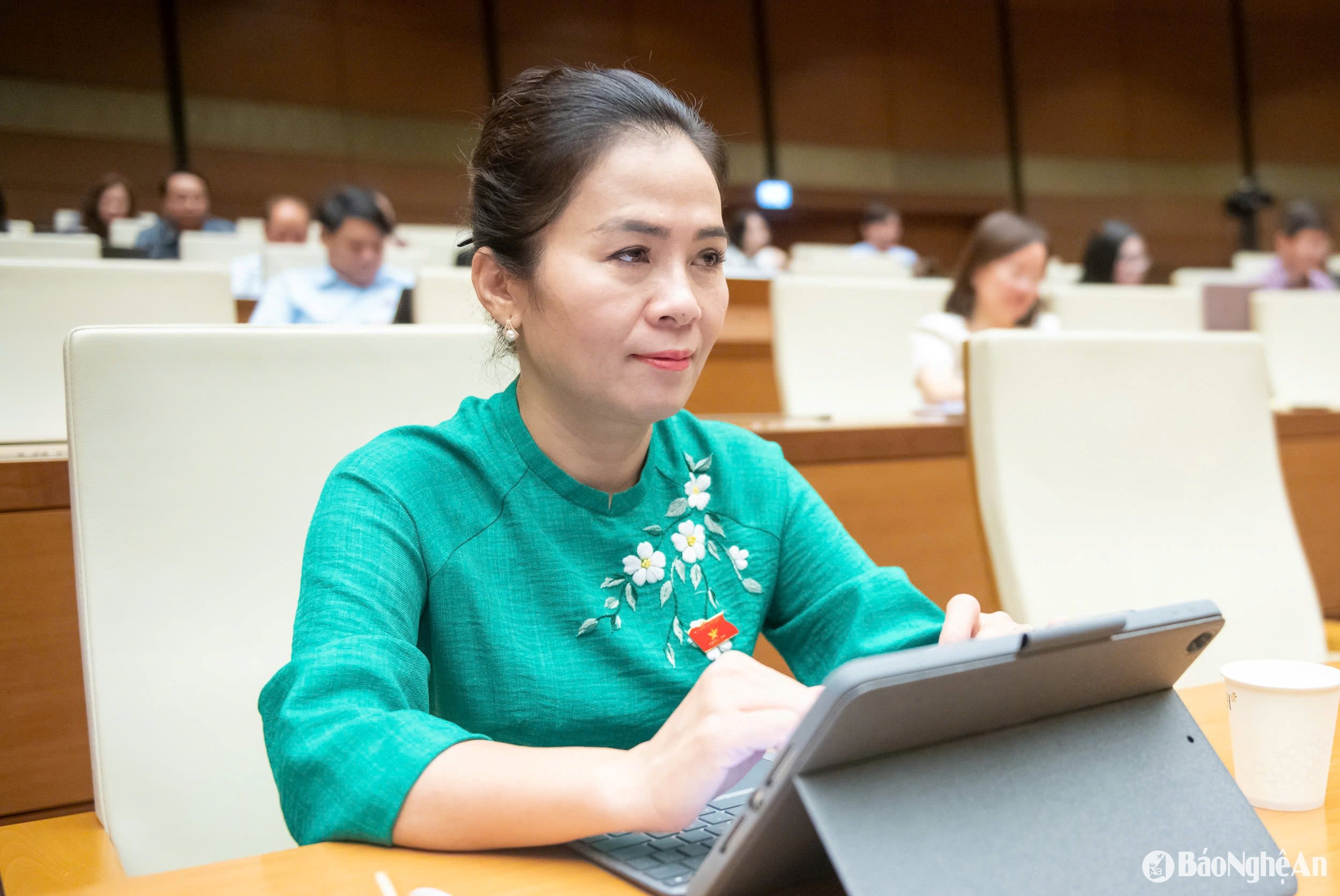
In addition, delegates also proposed to extend the personal income tax exemption period to 5 years for income from salaries and wages of experts and scientists working in innovative start-up enterprises. This is the key human resource force, directly creating technological value and bringing products to market.
In the context of global competition, many countries such as Thailand have exempted personal income tax for up to 10 years for experts in the fields of technology and innovation. If Vietnam does not have attractive enough policies, it will be difficult to attract and retain talent, and at the same time lose the opportunity to make a breakthrough in technology.
Another issue worth noting is the time of exemption from corporate income tax. The draft currently stipulates the time of tax exemption from the date of issuance of the first Business Registration Certificate. However, reality shows that most businesses do not make a profit immediately after establishment, because the first stage is the period of investment, research, and product development.
Applying the tax exemption period too early may mean that by the time the business starts making a profit, the tax exemption period has expired, making the policy a formality and ineffective.
Therefore, it is proposed to adjust the regulations in the direction of exempting corporate income tax for 3 years from the time the enterprise generates profit instead of from the time of business registration, to ensure the substance of the policy and timely support for the right subjects.
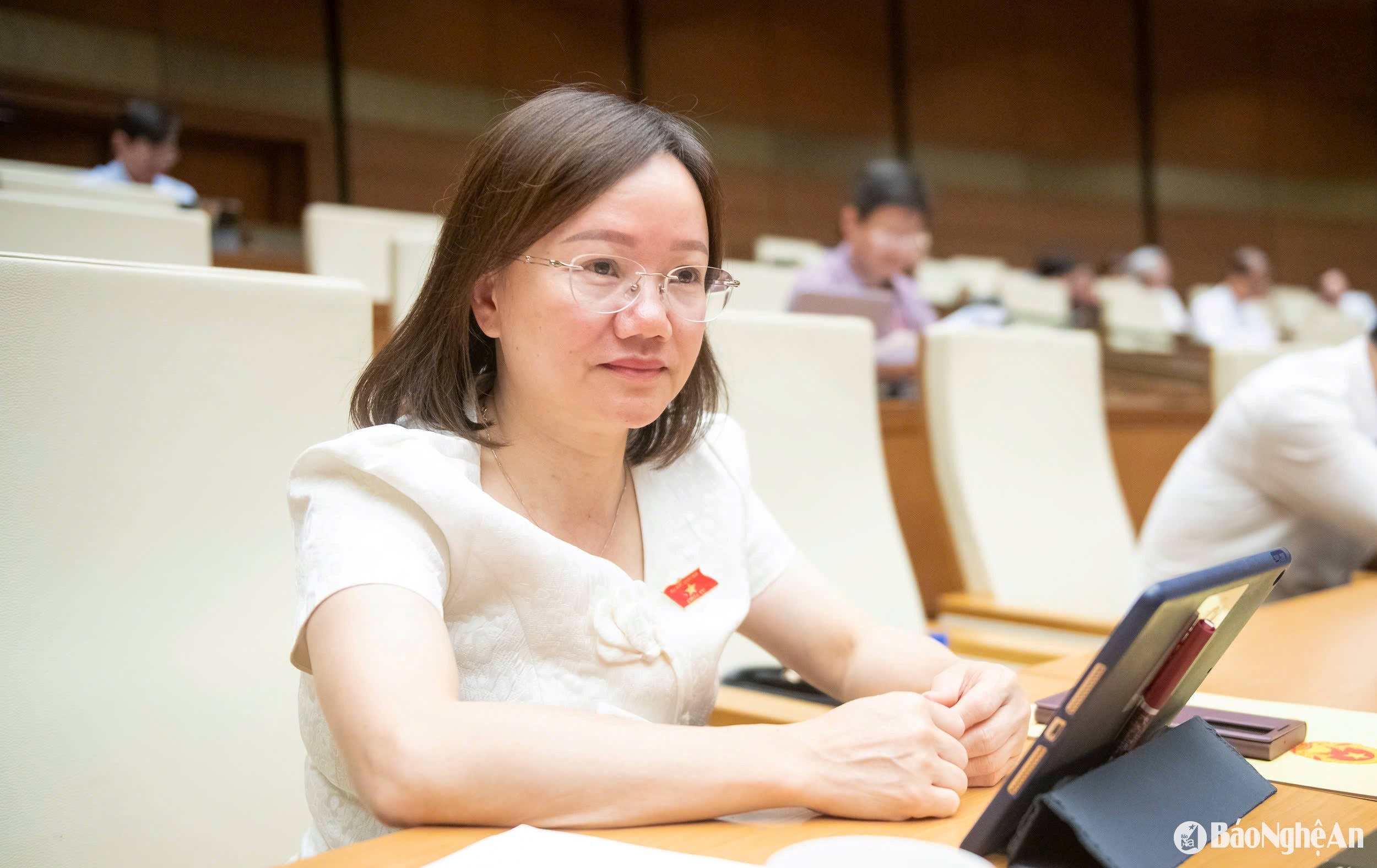
Notably, in the context of the global economy shifting strongly to a knowledge-based economic model, many delegates also proposed adding regulations to support costs for registration and protection of intellectual property rights to the draft Resolution.
For startups, core products are often technology, algorithms or ideas - intangible assets with strategic value. If not protected in time, businesses are vulnerable to technology copying, losing the market or facing legal risks.
Proposal to expand beneficiaries
Discussing the Draft Resolution of the National Assembly on a number of special mechanisms and policies, creating breakthroughs in law making and enforcement, many delegates suggested fully identifying beneficiaries of special mechanisms and policies.
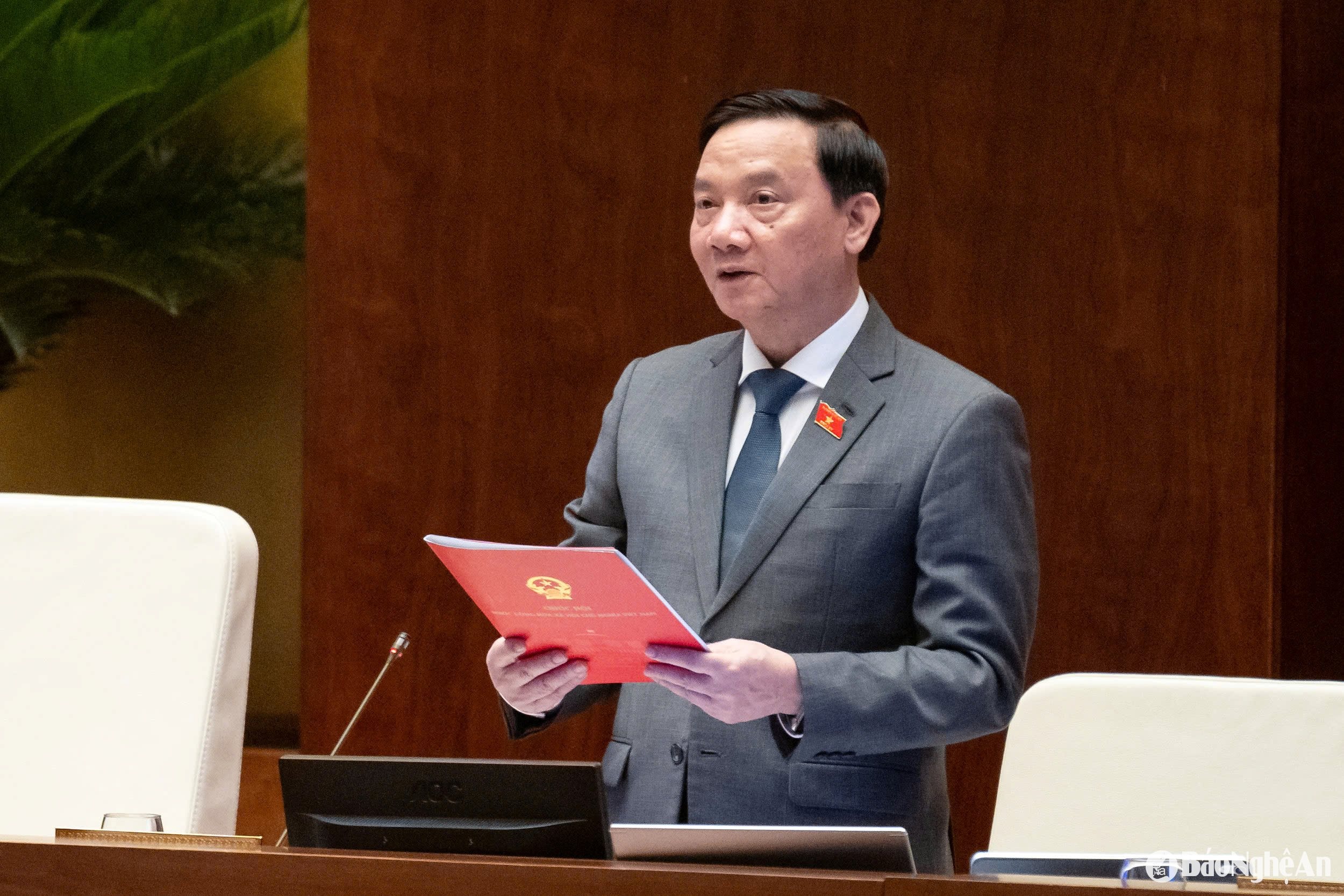
Notably, the delegates proposed to add full-time delegates and full-time civil servants of the Provincial People's Council to the Legislative Committee, the Economic - Budget Committee, and the Cultural - Social Committee of the People's Council because they have similar functions and tasks according to their assigned fields; at the same time, add the Chief of Office, 1 Deputy Office in charge of the National Assembly's work field and civil servants of the National Assembly Affairs Department instead of only providing monthly support for full-time delegates of the Provincial People's Council's Legislative Committee as in the draft.
Because according to the assignment of the Standing Committee of the Provincial People's Council, the specialized delegates in the Committees all coordinate in the examination and supervision, not just the Legal Committee.
In addition, some delegates proposed adding officials and civil servants who are directly advising and assisting in law-making; supervising, meeting voters and citizens; monitoring and synthesizing recommendations and problems with policies and laws at the local level for the National Assembly Delegation.
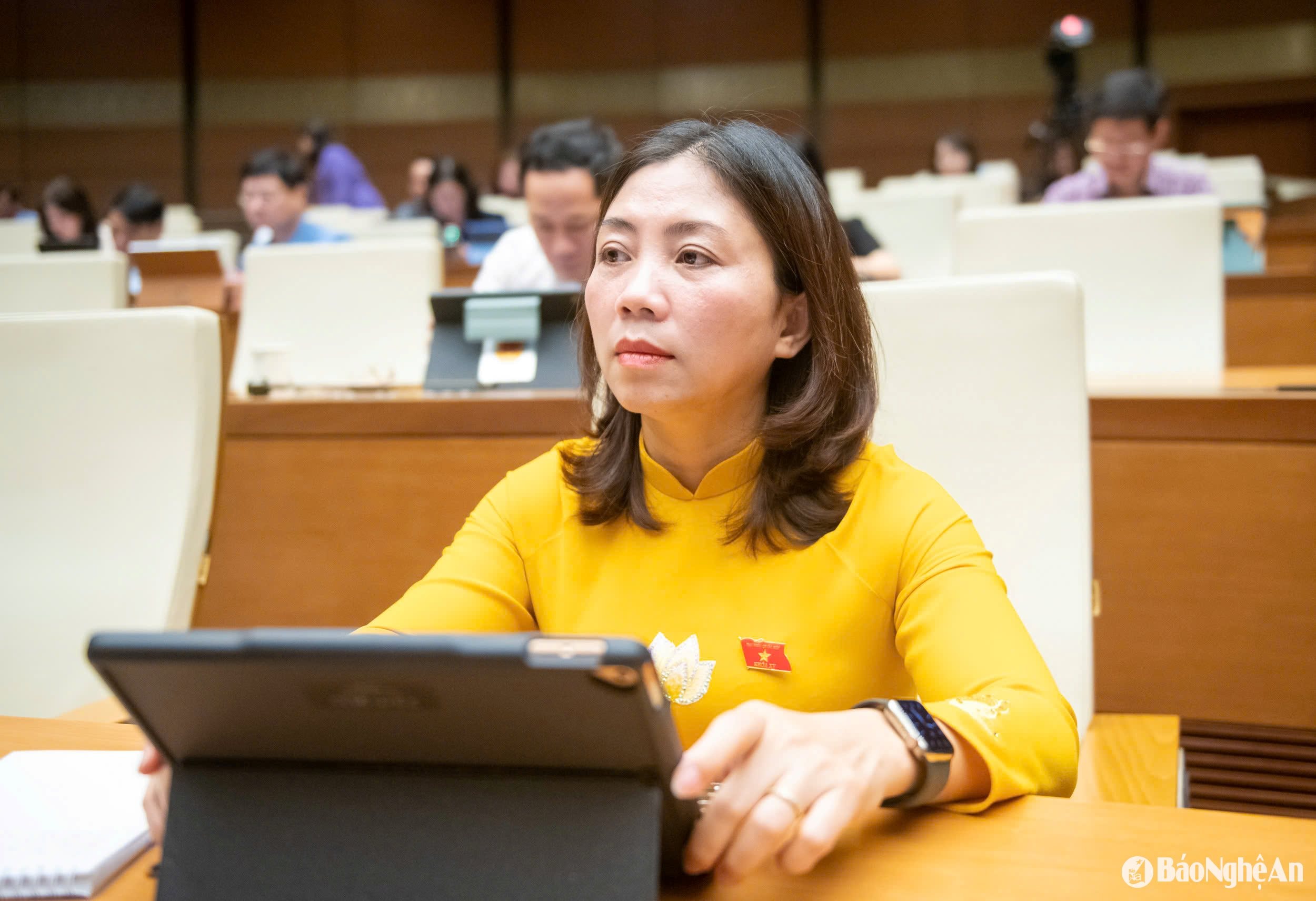
Some delegates also suggested the need to institutionalize Regulation No. 178-QD/TW dated June 27, 2024 of the Politburo on controlling power, preventing and combating corruption and negativity in law-making. Accordingly, it is necessary to ensure the Party's centralized, unified, strict and comprehensive leadership in controlling power; preventing and combating group interests and negativity; and strictly handling acts of abusing positions and powers in law-making. At the same time, it is necessary to have a mechanism to protect dynamic, creative cadres and civil servants who dare to think, dare to do, and dare to take responsibility for the common good.


